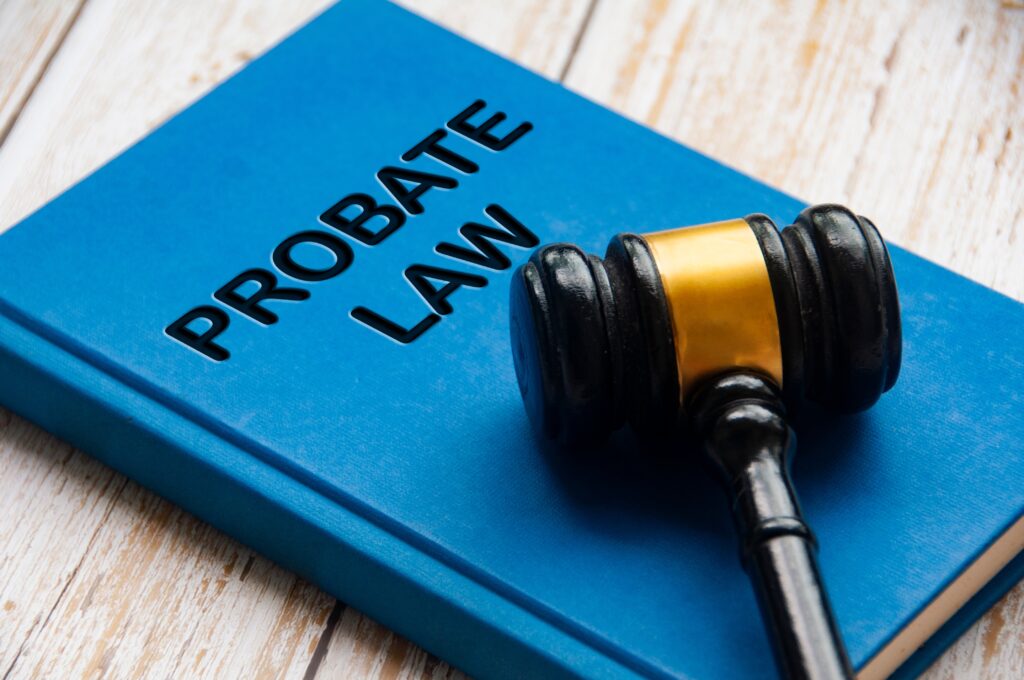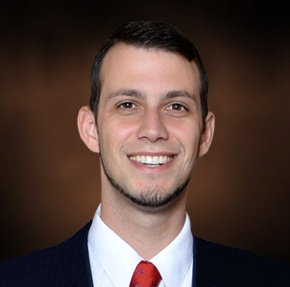As an attorney practicing probate administration in Daytona Beach, Florida, I often encounter clients who move here from other parts of the country, leaving behind property in different states. This scenario frequently necessitates ancillary administration, a crucial process for efficiently handling an out-of-state decedent's assets. Here's a comprehensive guide to understanding ancillary administration and its significance in probate, along with how establishing a trust can streamline this process.









